Moderator
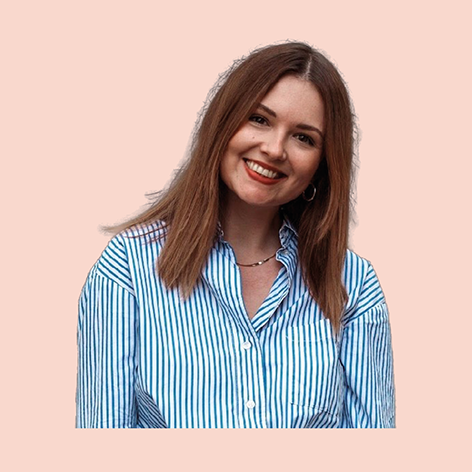 Adrianna Calińska-Czaniecka - a journalist, speech therapist, and voice and speech coach. She has been working with Radio Nowy Świat since its inception. She is a news presenter, an author, and the host of a progressive rock music programme. She collaborates with Collegium Civitas, where she teaches public speaking, voice emission, and text interpretation. Previously, she worked at Polish Radio, among other places.
Adrianna Calińska-Czaniecka - a journalist, speech therapist, and voice and speech coach. She has been working with Radio Nowy Świat since its inception. She is a news presenter, an author, and the host of a progressive rock music programme. She collaborates with Collegium Civitas, where she teaches public speaking, voice emission, and text interpretation. Previously, she worked at Polish Radio, among other places.
Experts
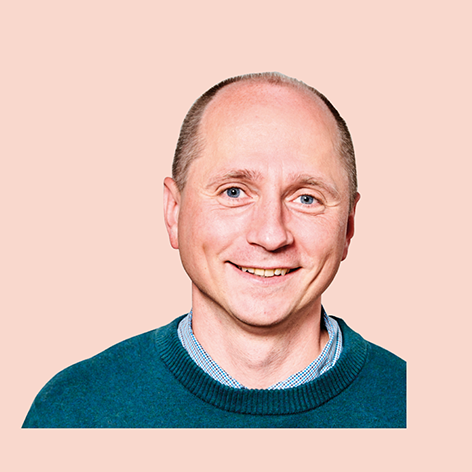 Dr Stefan Szyniszewski - specialises in materials engineering. He earned his PhD from the University of Florida and completed a postdoctoral fellowship at Johns Hopkins University. He has worked on designing components for nuclear power plants (Bechtel Power in the USA) and conducted full-scale experiments on structural impacts (at Kanazawa University in Japan). He is currently a lecturer at Durham University, where he continues his research on advanced materials.
Dr Stefan Szyniszewski - specialises in materials engineering. He earned his PhD from the University of Florida and completed a postdoctoral fellowship at Johns Hopkins University. He has worked on designing components for nuclear power plants (Bechtel Power in the USA) and conducted full-scale experiments on structural impacts (at Kanazawa University in Japan). He is currently a lecturer at Durham University, where he continues his research on advanced materials.
He focuses on developing innovative hierarchical structures with unique properties. One of his most notable achievements is the creation of the bio-inspired material Proteus, which is resistant to cutting. He is also working on carbon composites, increasing their ability to dampen vibrations and noise.
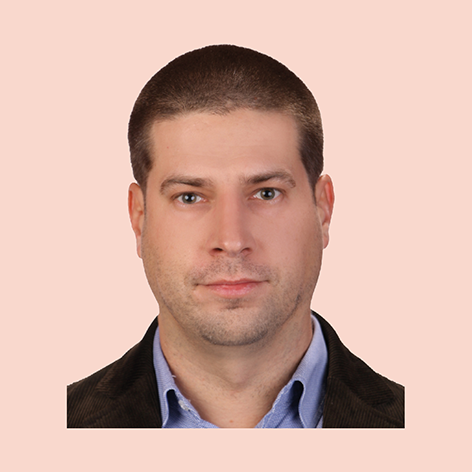
Dr Eng. Jan Wróbel - a lecturer at the Faculty of Materials Science and Engineering at Warsaw University of Technology. He specialises in the design of materials for extreme conditions, such as fusion reactors.
He earned his PhD degree from the Faculty of Materials Science and Engineering at the Warsaw University of Technology. He then spent 2.5 years as a postdoctoral researcher in the group of Professor Sergei Dudarev at the Culham Centre for Fusion Energy (CCFE) in the UK. After returning to Poland, he led two national projects funded by the Foundation for Polish Science and the Polish National Science Centre, as well as a European project at the Warsaw University of Technology related to high-entropy alloys. Since 2017, he has served as a task leader in the European EUROfusion project, focusing on the development of technologies related to fusion reactors.
His research relies on methods that enable atomic-scale simulations without the need for experimental data, which is especially useful in studying multicomponent alloys. He has authored 50 publications and co-authored an article in Science Advances. In 2023, he received his habilitation in materials engineering.

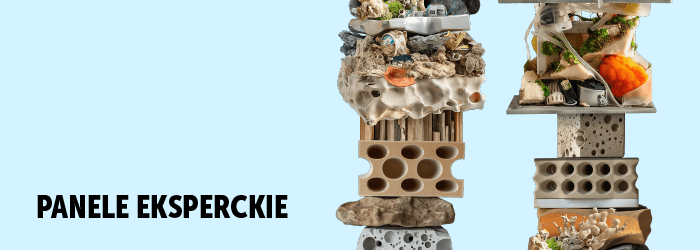
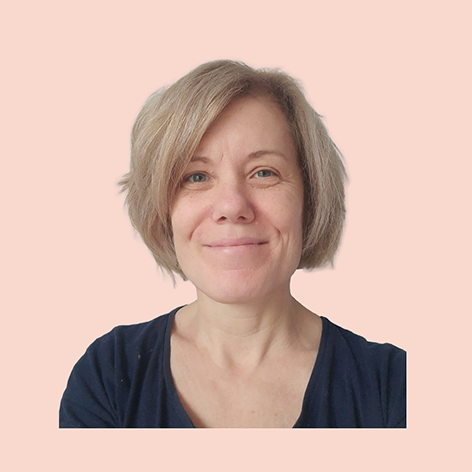 Marta Fikus-Kryńska - content designer at the Exhibition Department of the Copernicus Science Centre. By education and passion, she is a biologist with a fascination for what is wild, chaotic, and, from a human perspective, what is aesthetically unpleasing.
Marta Fikus-Kryńska - content designer at the Exhibition Department of the Copernicus Science Centre. By education and passion, she is a biologist with a fascination for what is wild, chaotic, and, from a human perspective, what is aesthetically unpleasing.  Dr Rafał Lolo - a molecular biologist specialising in DNA damage and repair processes. He completed his master's in medical biotechnology at Jagiellonian University and a PhD in molecular oncology at University College London. He has conducted research at the University of Oxford and the University of Copenhagen. Since 2014, he has been working with AstraZeneca, focusing on drug development and molecular diagnostic tests in oncology.
Dr Rafał Lolo - a molecular biologist specialising in DNA damage and repair processes. He completed his master's in medical biotechnology at Jagiellonian University and a PhD in molecular oncology at University College London. He has conducted research at the University of Oxford and the University of Copenhagen. Since 2014, he has been working with AstraZeneca, focusing on drug development and molecular diagnostic tests in oncology. 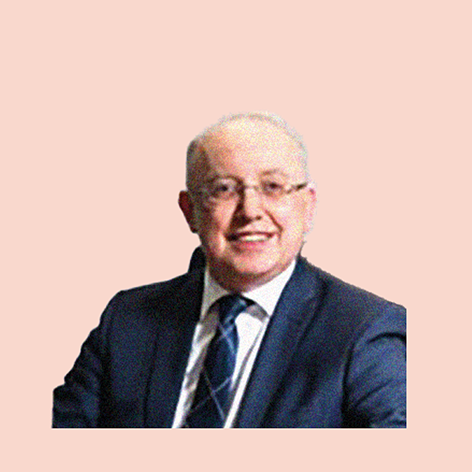
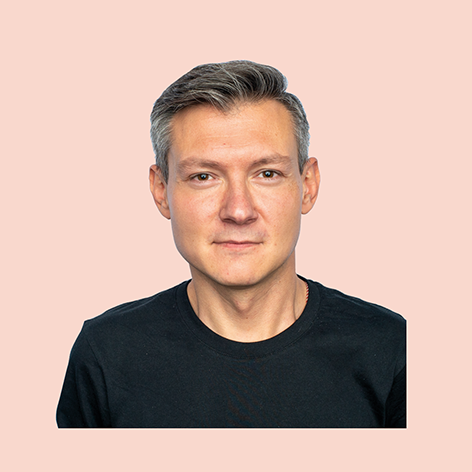 Patryk Rabiega - journalist at Radio Nowy Świat. He focuses on music, international affairs, and ecology. He hosts the shows ‘Personal choices’ (Wybory osobiste), ‘The whole of our world’ (Cały nasz świat), and ‘Saturday dawn’ (Sobotni Brzask), where he discusses topics such as climate change and nature conservation.
Patryk Rabiega - journalist at Radio Nowy Świat. He focuses on music, international affairs, and ecology. He hosts the shows ‘Personal choices’ (Wybory osobiste), ‘The whole of our world’ (Cały nasz świat), and ‘Saturday dawn’ (Sobotni Brzask), where he discusses topics such as climate change and nature conservation. 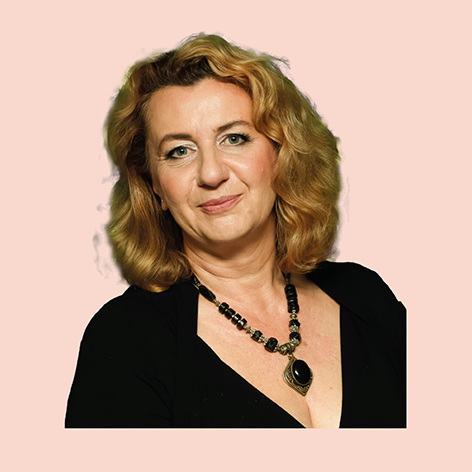 Dr Joanna Kulczycka - head and founder of the Department of Strategic Research at MEERI of the Polish Academy of Sciences, Vice-Dean for Cooperation and Development of the Faculty of Management at the AGH University of Science and Technology and Professor at this university. Her research experience ranges from economics and industrial process management (primarily in raw materials and recycling sectors) to CSR, eco-innovation, and the closed-loop economy.
Dr Joanna Kulczycka - head and founder of the Department of Strategic Research at MEERI of the Polish Academy of Sciences, Vice-Dean for Cooperation and Development of the Faculty of Management at the AGH University of Science and Technology and Professor at this university. Her research experience ranges from economics and industrial process management (primarily in raw materials and recycling sectors) to CSR, eco-innovation, and the closed-loop economy. 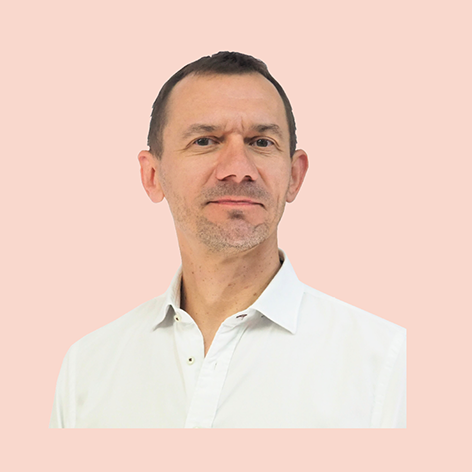 Tomasz Ciamulski - an enthusiast of natural sciences, including fields such as physics, electronics, chemistry, and biology. He leads FibriTech, an innovative company in the sustainable technology sector, specialising in the creation of materials from plant fibres. He is committed to his mission of advancing green innovation through the production of lightweight, durable, and versatile biomaterials.
Tomasz Ciamulski - an enthusiast of natural sciences, including fields such as physics, electronics, chemistry, and biology. He leads FibriTech, an innovative company in the sustainable technology sector, specialising in the creation of materials from plant fibres. He is committed to his mission of advancing green innovation through the production of lightweight, durable, and versatile biomaterials. 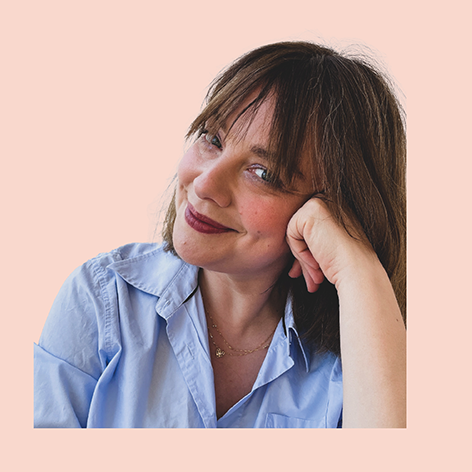 Harel - a journalist and author of an independent fashion blog since 2006. She promotes Polish brands and sensible consumption.
Harel - a journalist and author of an independent fashion blog since 2006. She promotes Polish brands and sensible consumption.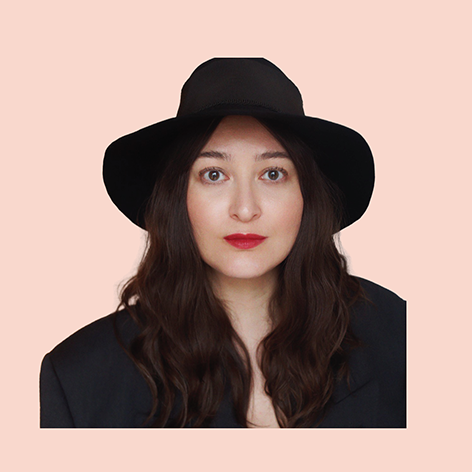 Monika Surowiec - a designer, educator and researcher in the field of circular fashion and upcycling methodology. She focuses on the cultural, ethical, and environmental impacts of fashion. She is the founder of the circular, inclusive fashion brand Saint Warsaw.
Monika Surowiec - a designer, educator and researcher in the field of circular fashion and upcycling methodology. She focuses on the cultural, ethical, and environmental impacts of fashion. She is the founder of the circular, inclusive fashion brand Saint Warsaw. 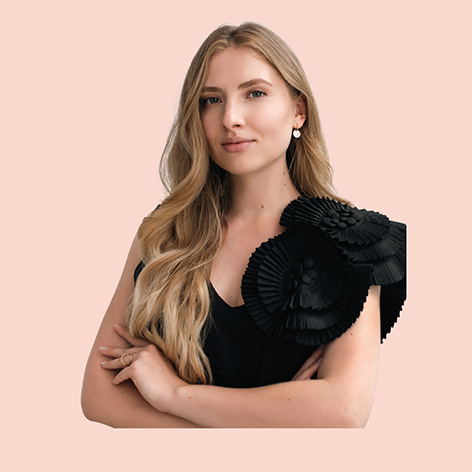 Ewelina Antonowicz - a sustainability expert in the fashion and textile industries. She is the president of the Polish branch of Fashion Revolution and co-founder of the Sustainable Fashion Institute. Named a climate and environmental leader by Forbes Women Polska (2024), she is a graduate of the Sustainable Development programme at the University of Warsaw. She is also an expert in the Climate Leadership programme, a member of the Sustainable Fashion Roundtable under the United Nations Alliance for Sustainable Fashion, and a participant in the Chapter Zero Poland programme. She was also a finalist in the Forbes 25 under 25 contest in the category of sustainability and climate (2022).
Ewelina Antonowicz - a sustainability expert in the fashion and textile industries. She is the president of the Polish branch of Fashion Revolution and co-founder of the Sustainable Fashion Institute. Named a climate and environmental leader by Forbes Women Polska (2024), she is a graduate of the Sustainable Development programme at the University of Warsaw. She is also an expert in the Climate Leadership programme, a member of the Sustainable Fashion Roundtable under the United Nations Alliance for Sustainable Fashion, and a participant in the Chapter Zero Poland programme. She was also a finalist in the Forbes 25 under 25 contest in the category of sustainability and climate (2022).